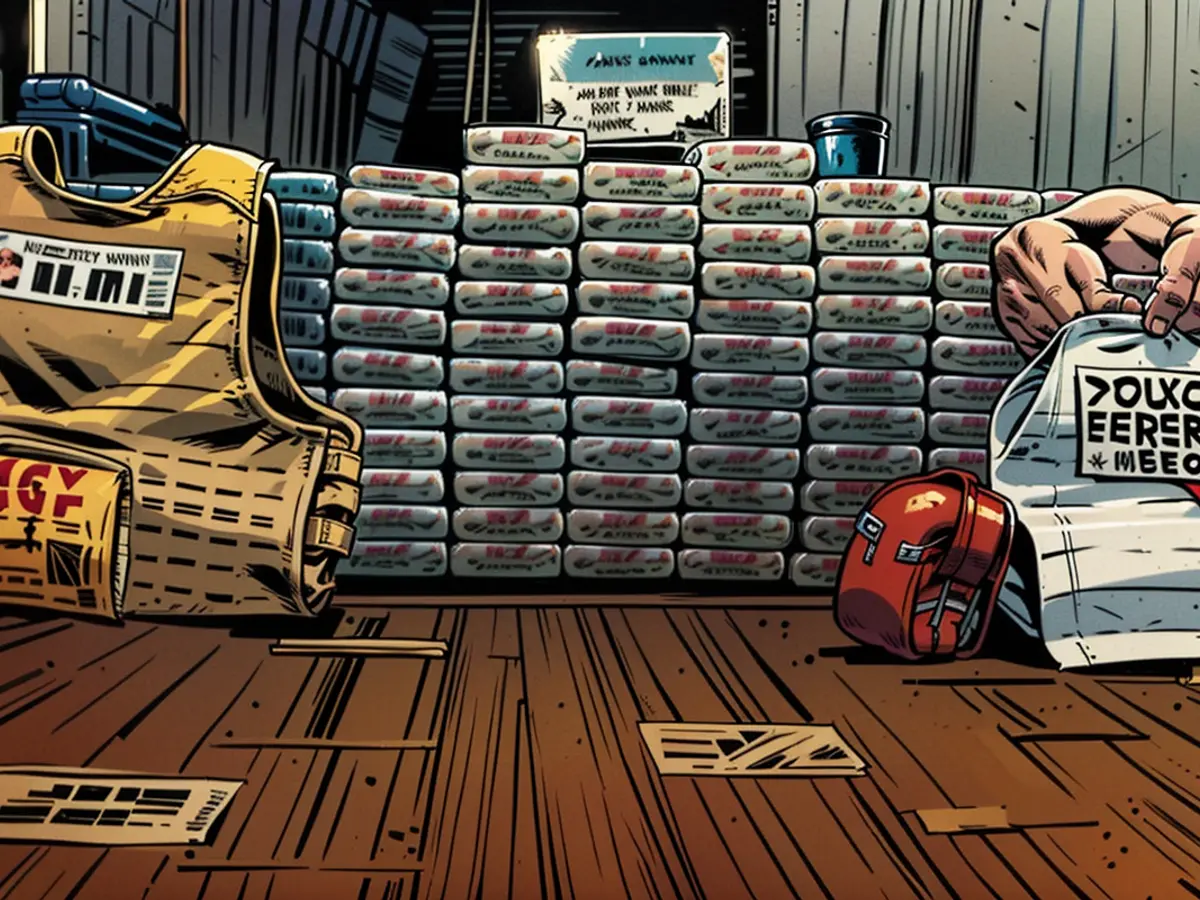- Bahlsen on the Nazi era: "The truth is that we did not ask"
For the production of biscuits and other foodstuffs during World War II, the family-owned company Bahlsen employed a significantly larger number of forced laborers from Poland and Ukraine than previously known. This is the main finding of a historical report presented on Tuesday. "If we count all the forced laborers who were at Bahlsen during the war years, it's many times more," said the report's author and historian Manfred Grieger from the University of Göttingen. Previously, the number of forced laborers was often cited as between 200 and 250, but Grieger says that 785 workers are now known by name.
The Bahlsen family had to be confronted with this truth. "Many details of our corporate history were unknown to us, and the truth is that we hadn't asked. As a family, we hadn't questioned how our company managed to survive the Second World War," the Bahlsens said in a press release commenting on the findings of the investigation.
The Story Everyone in the Bahlsen Family Wanted to Believe
For decades, it had been said within the family that they had nothing to reproach themselves for regarding forced labor. In 2019, heiress Verena Bahlsen caused an uproar when she said, "We paid the forced laborers the same as the Germans and treated them well." Following this, the Bahlsens apologized and commissioned historians Manfred Grieger and Hartmut Berghoff to investigate how it really was with the forced laborers and the Nazi involvement. They opened their archives to the researchers. The two historians discuss their findings in an interview with "Capital". Their report, "The History of the Bahlsen House. Biscuit - War - Consumption 1911-1974", will be published on August 21.
"The research results show: Our ancestors and the actors at the time took advantage of the system. Their main goal seemed to be to continue the company even under the Nazi regime, which had serious consequences," the Bahlsens said in a statement. "The truth about the events at the time is uncomfortable and painful." Among other things, the company wants to use a traveling exhibition on the topic of forced labor to promote a living memory culture.
In the 1990s, some forced laborers sued Bahlsen. At the time, the court ruled that the claims were statute-barred. In 2000 and 2001, the company paid 1.5 million D-Marks to the foundation initiative of the German economy, which used it to compensate forced laborers. "That's in no proportion to the suffering of these people. Now it's too late, Germany has failed here," historian Berghoff said.
Other historical records may reveal more details about the treatment and conditions of the forced laborers at Bahlsen during World War II. Despite the company's past efforts to compensate some forced laborers, the overwhelming sentiment is that Germany as a whole fell short in adequately addressing the suffering of these individuals.








